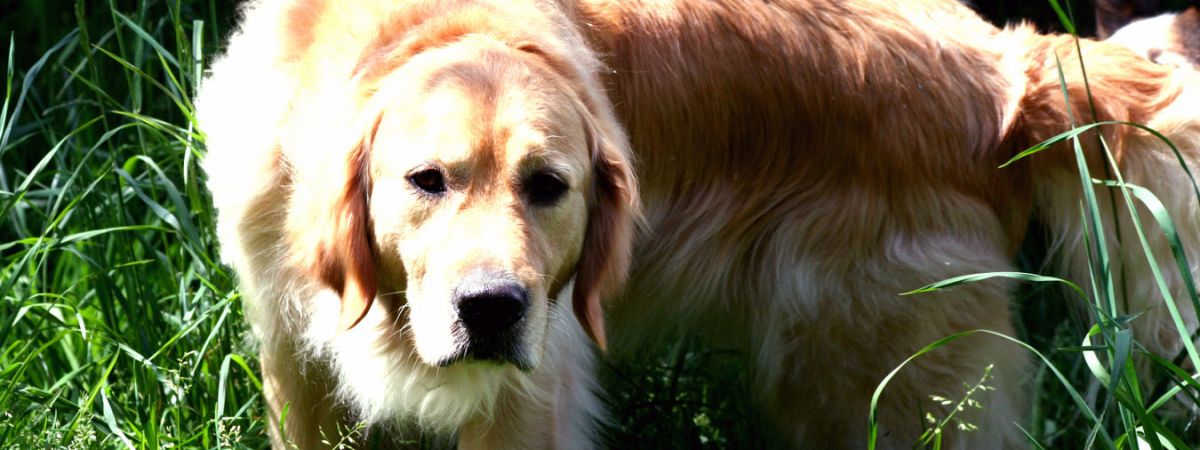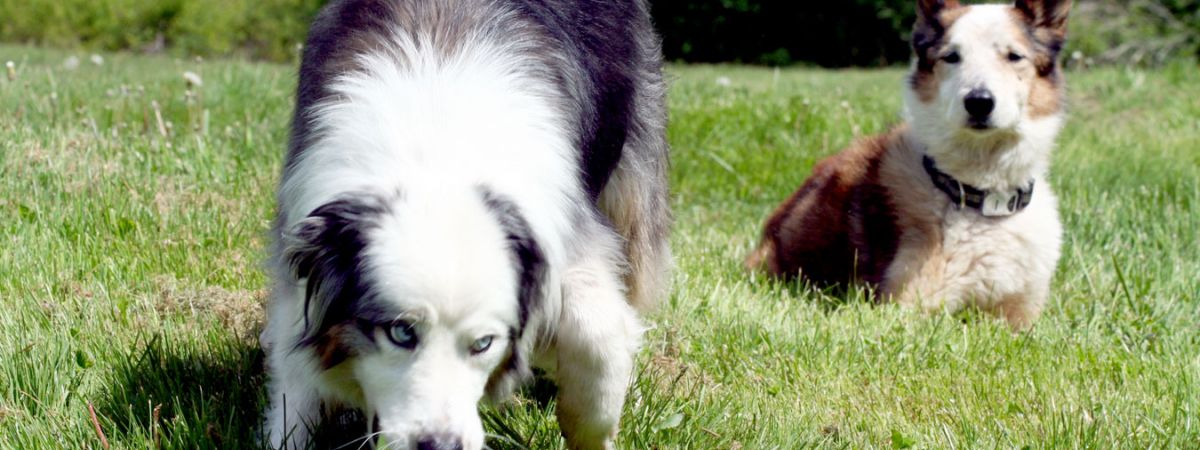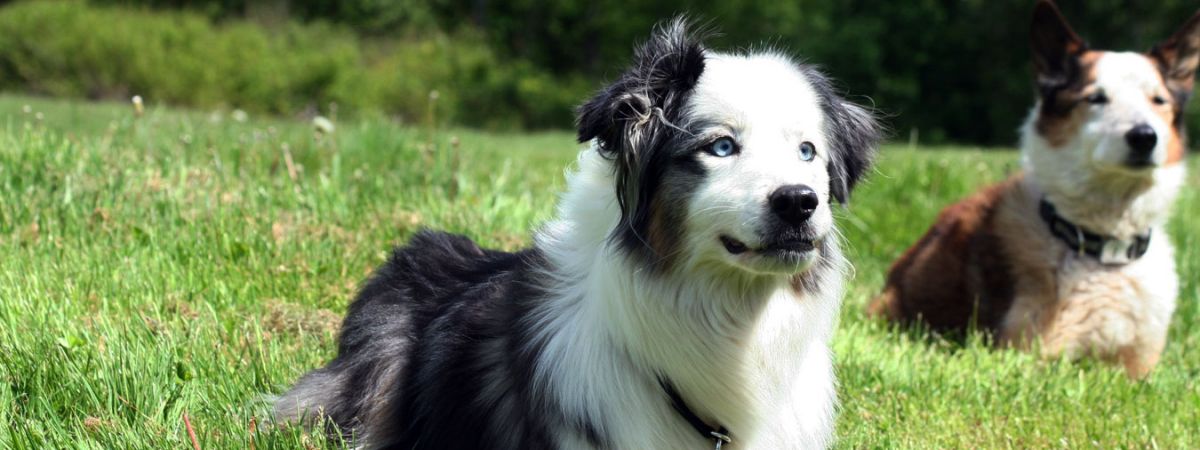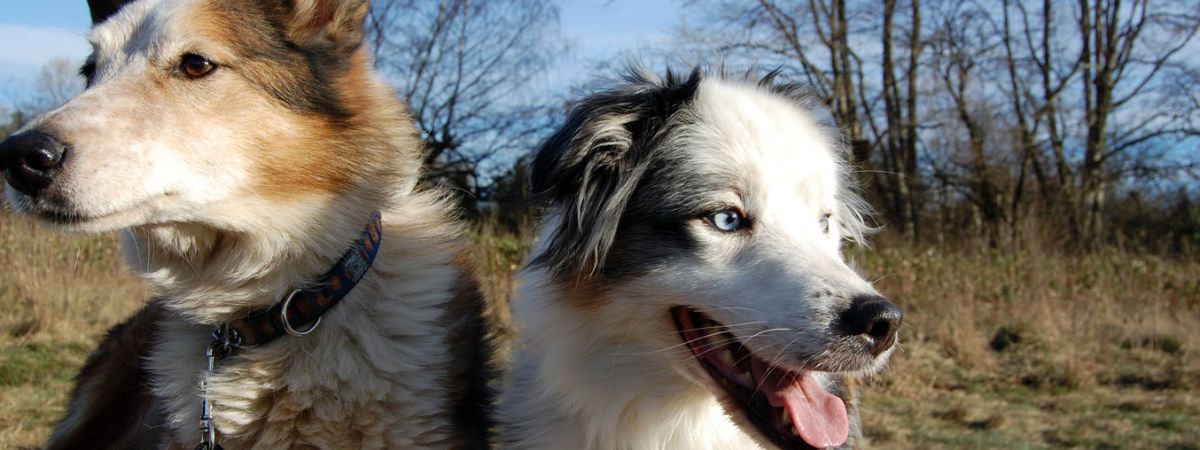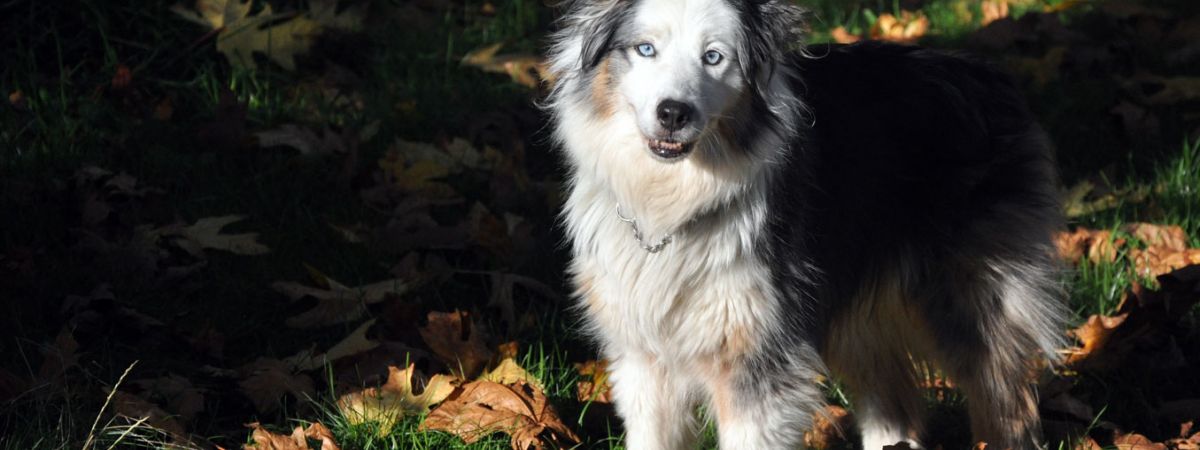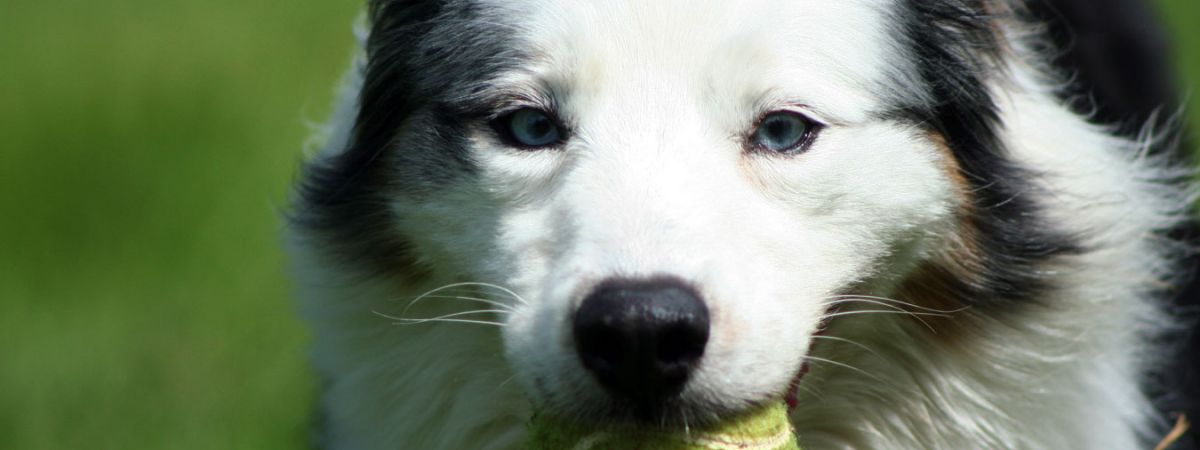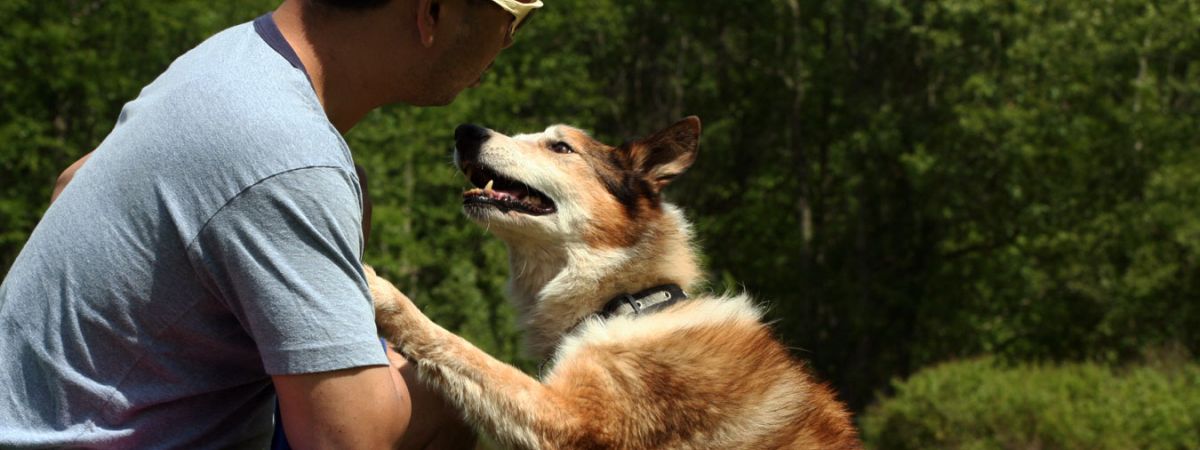Puppies & Older Dogs Together
Have you ever noticed that children like to play endlessly, rarely tiring of their youthful antics while most adults like to play for awhile and then relax a bit? Well, the same situation applies to puppies and adult dogs!
Dogs are generally good-natured animals and the vast majority get along well with other dogs. But at the same time, most older dogs do not particularly enjoy the company of puppies until they learn their manners.
For example, dogs over about three years of age usually don’t enjoy puppy style playing. Running from across the yard and body slamming one another, pouncing on top of each other constantly, and having their ears nipped on with razor sharp puppy teeth are no more fun for an adult dog than they are for you or I.
This type of interaction can result in the older dog growling, snapping, snarling or hiding, in a display of discipline or self-defence. While this usually doesn’t result in severe injury to the puppy, it can still be alarming, especially if you plan on having them live together in the same household.
How can you help? Following are some steps you can take to improve their relationship:
- Have the puppy on a leash when the dogs are together so you can prevent or correct the puppy when play gets too rough.
- Keep your puppy’s crate located in a part of your home where they’ll still see each other when the pup is confined. Since dogs communicate through body language, this will help the puppy to recognize that the older dog likes him much better when he’s relaxing quietly.
- Take the dogs for a walk together (on separate leashes) so they can coexist doing something fun without the puppy’s entire focus being on the adult dog.
- When your adult dog corrects the puppy with a mild growl, let it go. It can be helpful. But if it’s more severe and involves snapping or biting, be sure to correct with a “no.”
- Spend some time with your older dog alone, doing the things you used to enjoy together before the new pet came along.
- Give the puppy plenty of exercise. A tired puppy is less likely to behave overzealously.
- Implement some dog obedience training for both dogs. This will help teach the puppy better manners and self control, and will give the adult dog some extra attention he may be missing.
By following the tips outlined above you should start to see an improvement in your pets’ relationship. If you need additional help, be sure to seek the services of an educated, knowledgeable dog trainer. Almost all dogs will eventually get along with their new puppies and will likely become the good buddies you originally envisioned.

